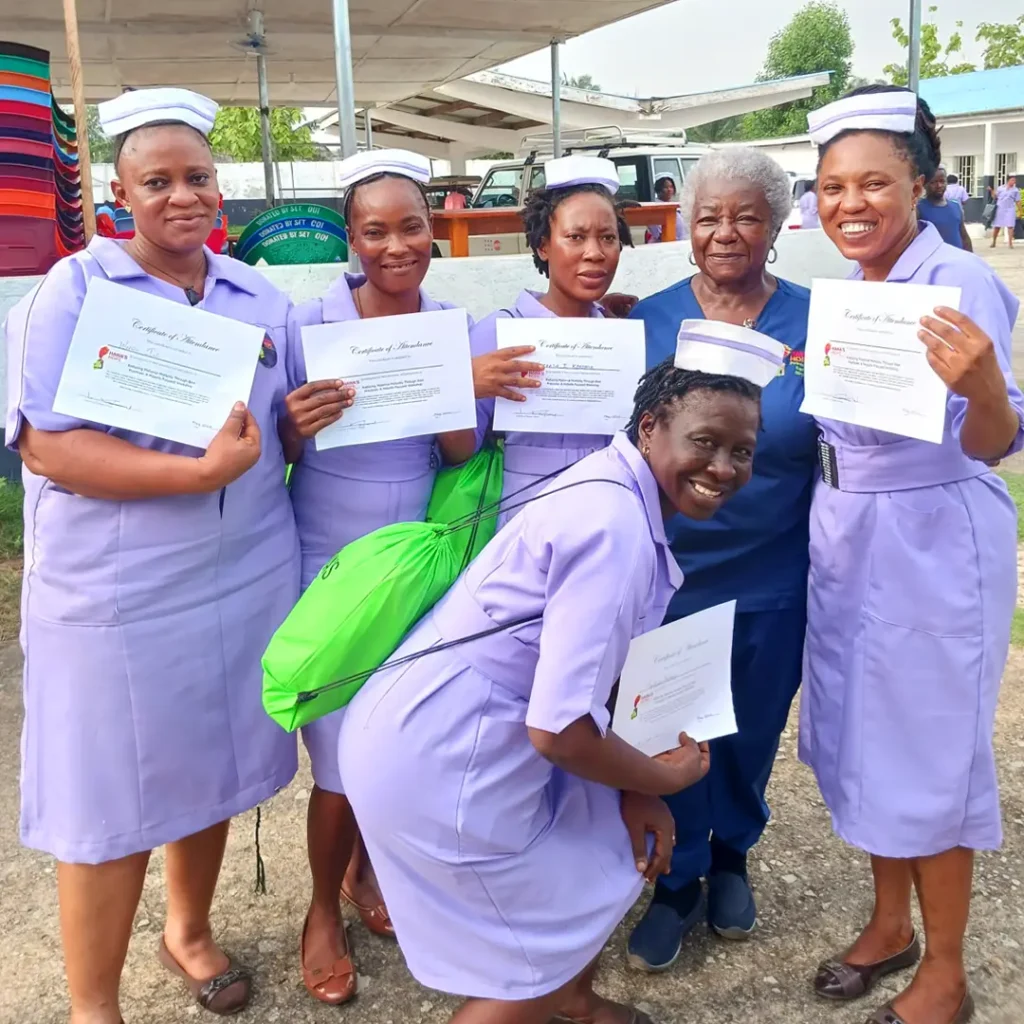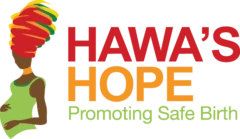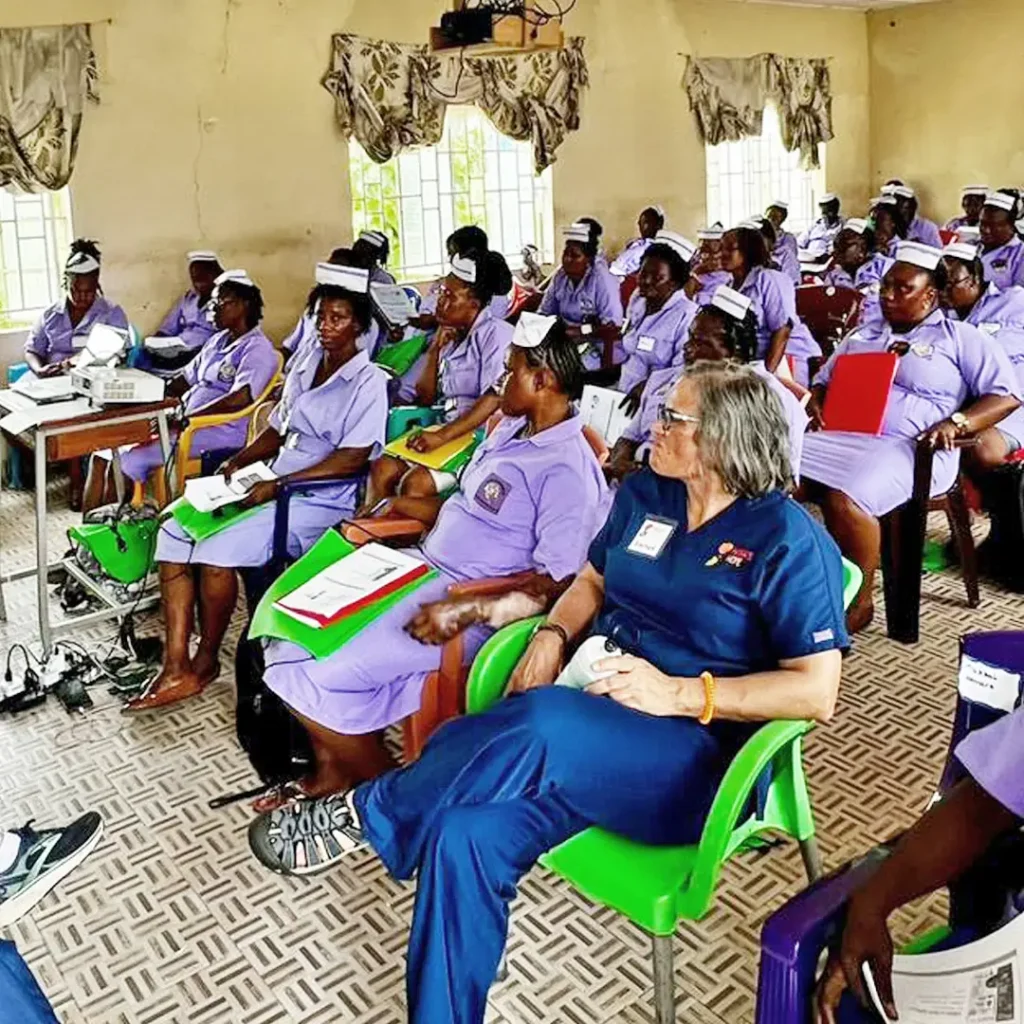We Train Midwives
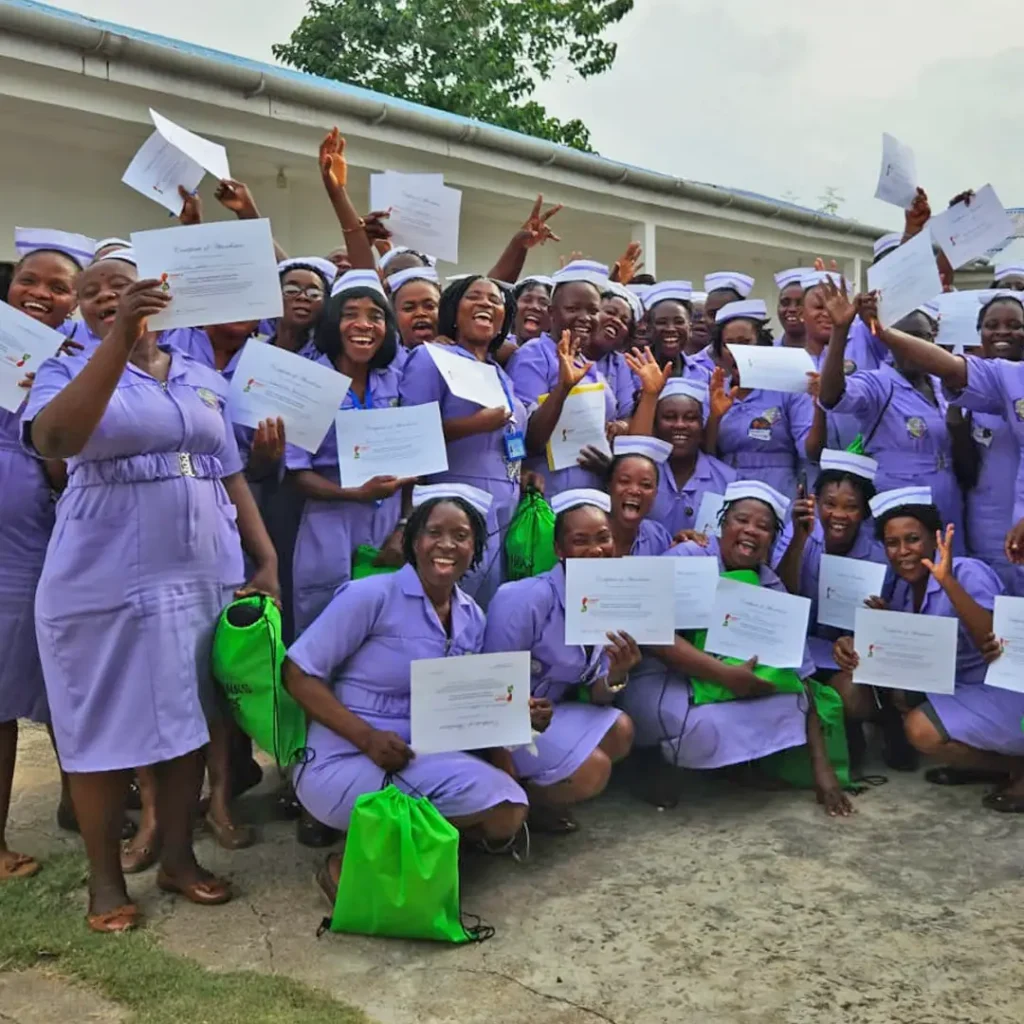
Every trained midwife can save countless lives
Why Midwives Matter
Midwives are at the heart of safe childbirth.
In Sierra Leone, they are often the only trained professionals present when complications arise. Every day, mothers and babies face preventable risks – but with skilled care, many of these tragedies can be avoided. That’s why Hawa’s Hope invests in their skills, equipping midwives and students with the tools, knowledge, and confidence needed to save lives.
Maternal mortality – the hard facts
- Maternal mortality reduced by 74% from 2000–2020 (UN).
-
From 1680 pregnant women deaths for every 100,000 live births in 2000
to 440 pregnant women deaths for every 100,000 live births. - Still only 2 midwives per 10,000 people (global target: 4/10,000).
Source: UNMEIG (2023)
Our Approach
We use the 4R Framework developed by the California Maternal Quality Care Collaborative (CMQCC):
Readiness
preparing facilities, providers, and patients for safe birth.
Recognition
identifying complications early.
Response
acting quickly with the right interventions.
Reporting
learning from every case to improve outcomes.
Skills That Make the Difference
Our “secret sauce” is practice. We emphasize hands-on learning, where midwives rehearse critical skills in realistic scenarios.
- Managing hemorrhage, hypertension, and sepsis – training midwives to act quickly and confidently in emergencies.
- Handling obstructed labor and preventing fistulas – equipping midwives with practical intervention skills.
- New modules: vacuum-assisted delivery and breech birth – expanding expertise to handle complex cases.
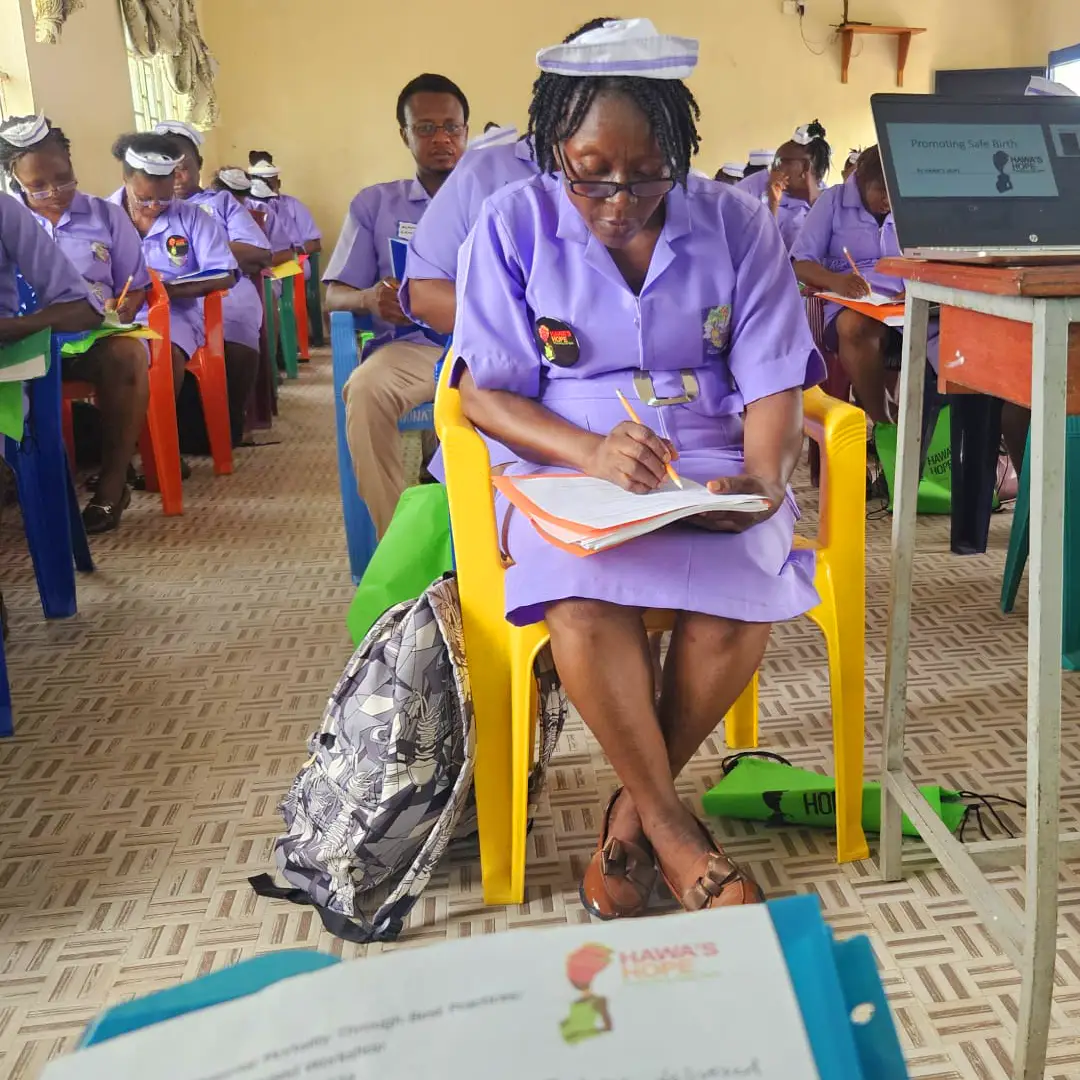
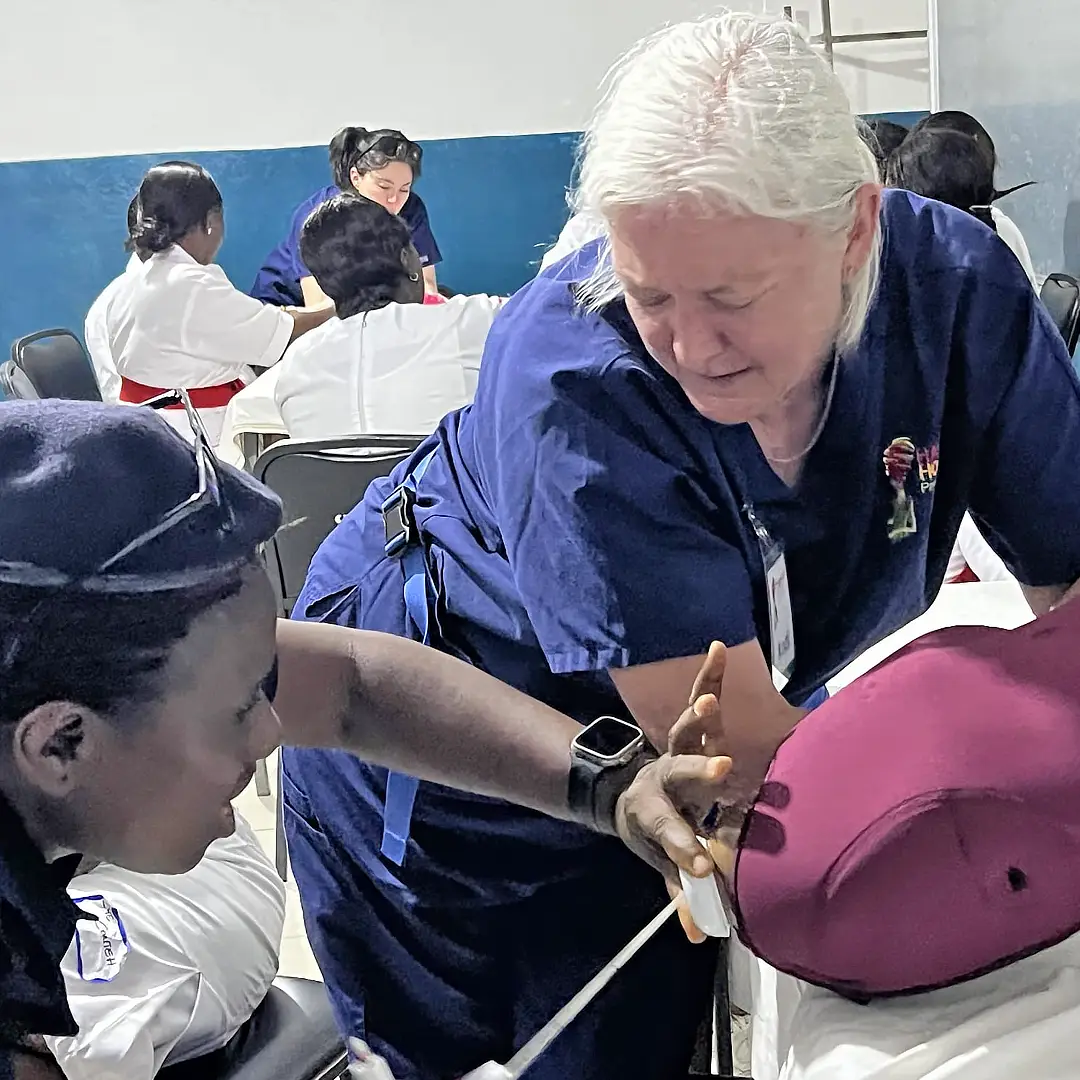
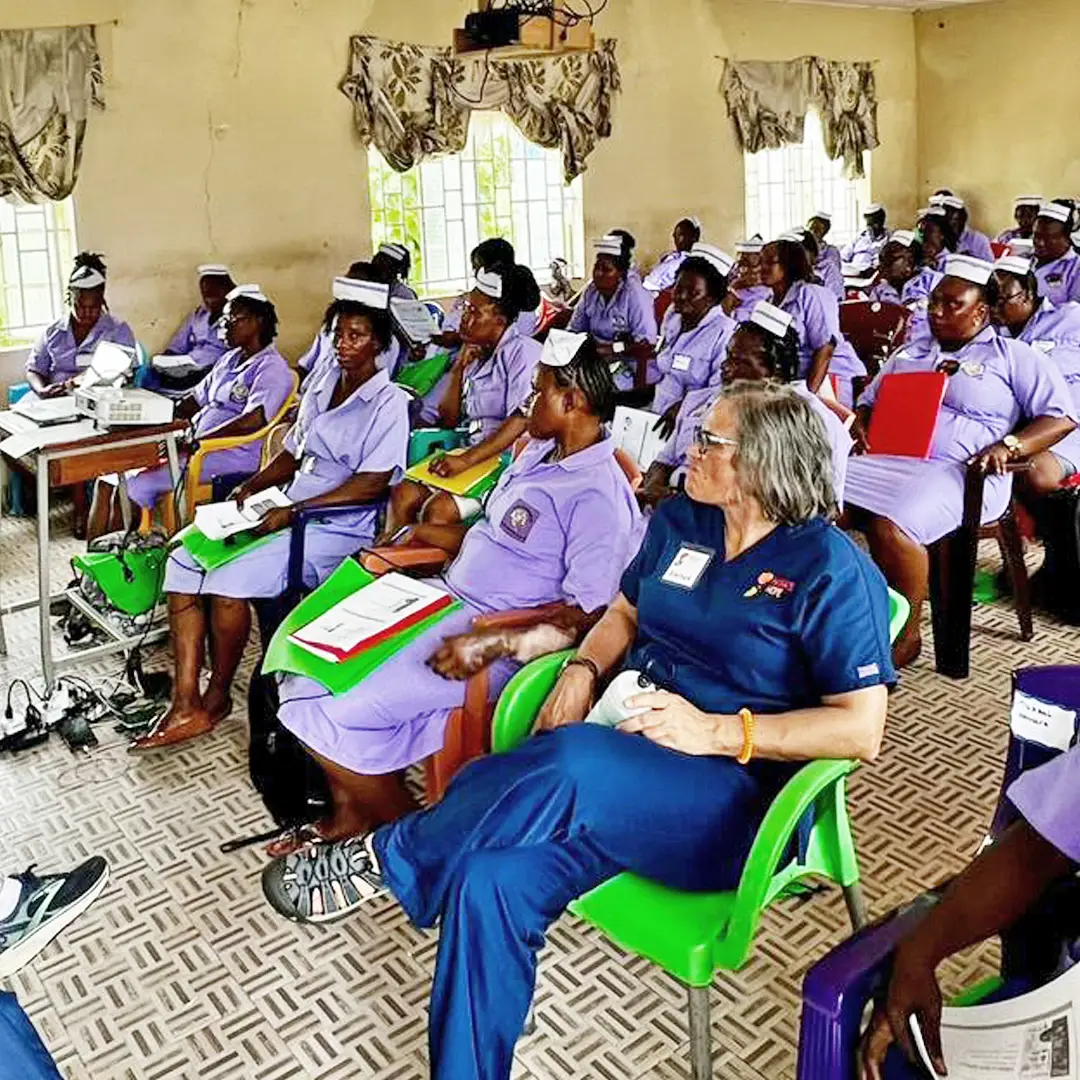
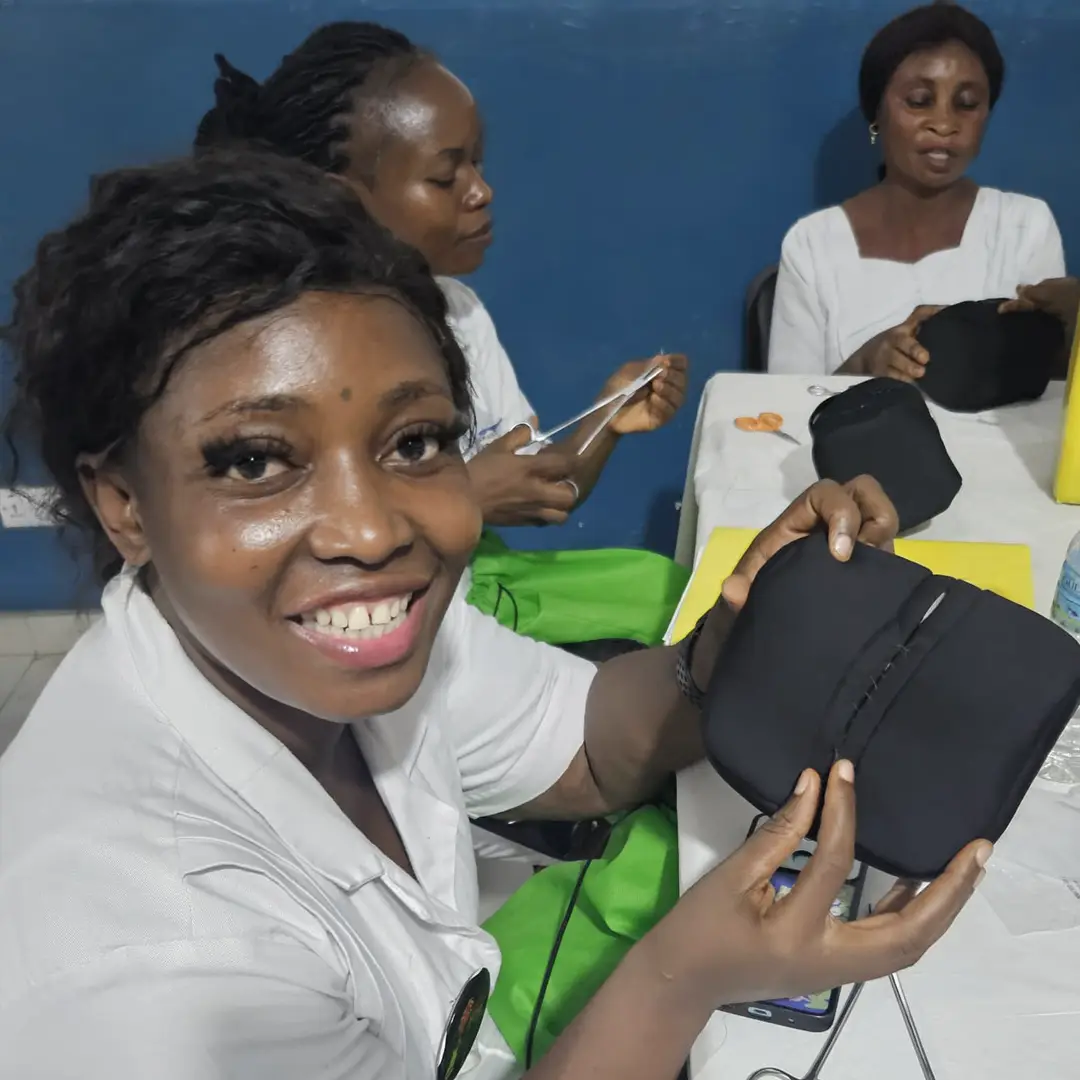
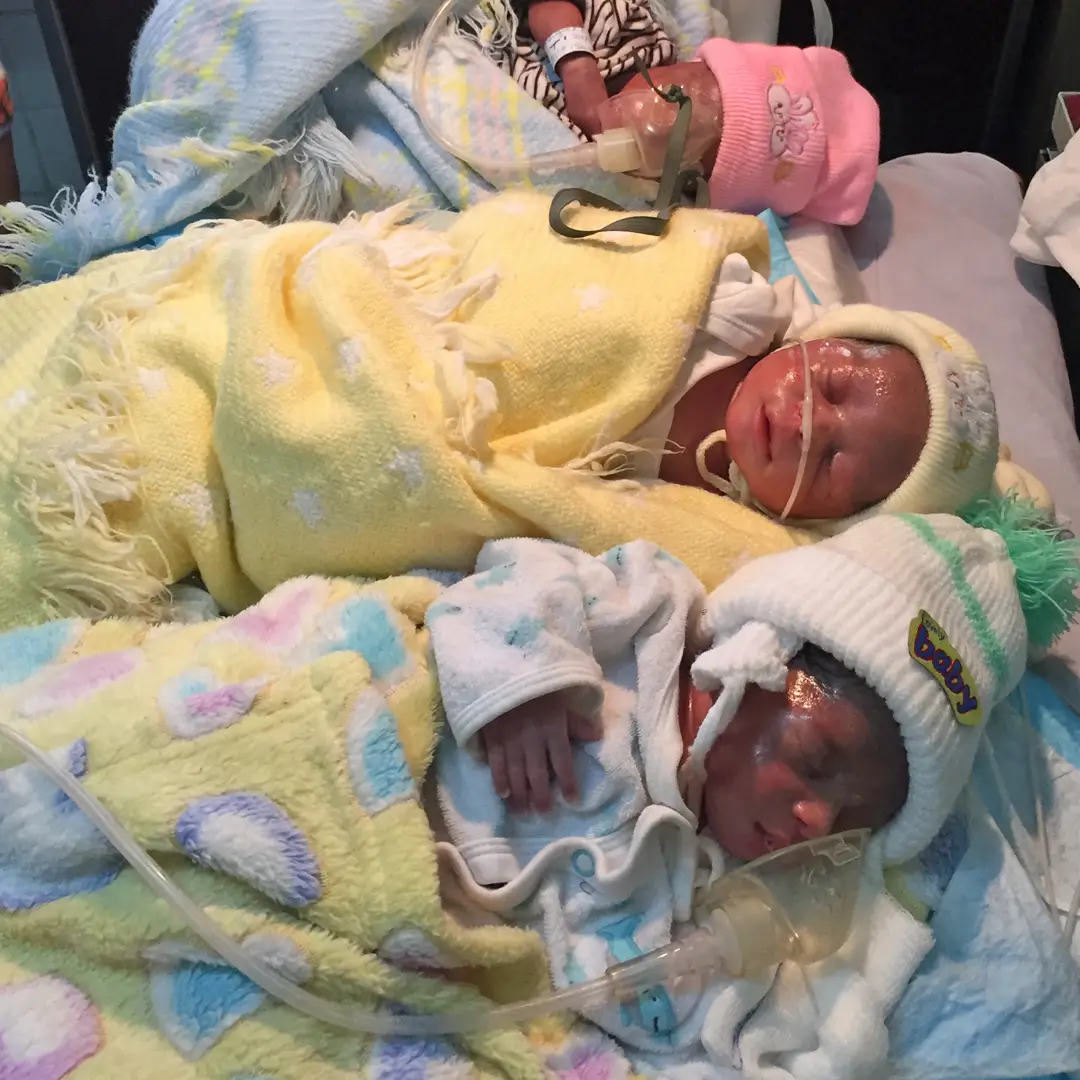
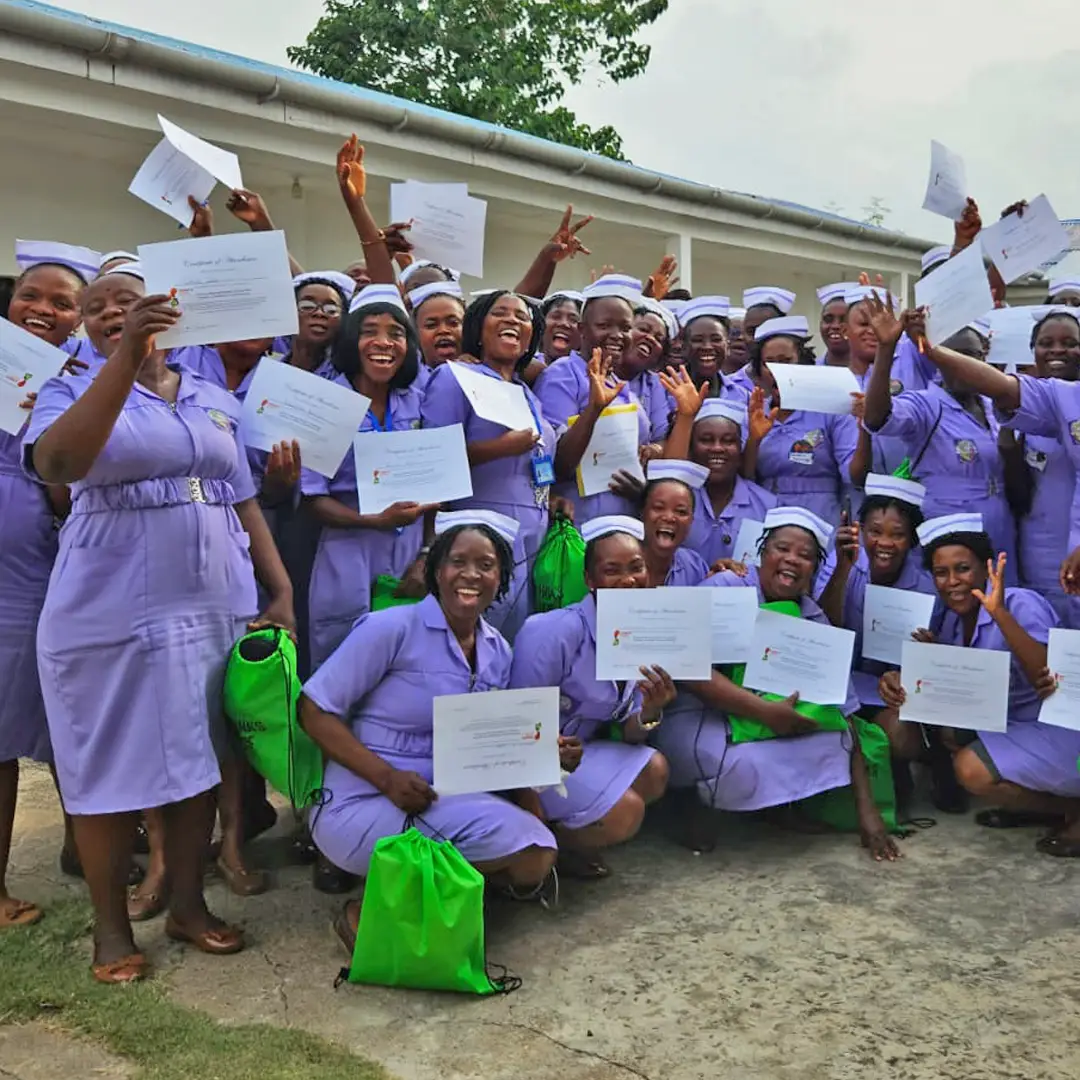

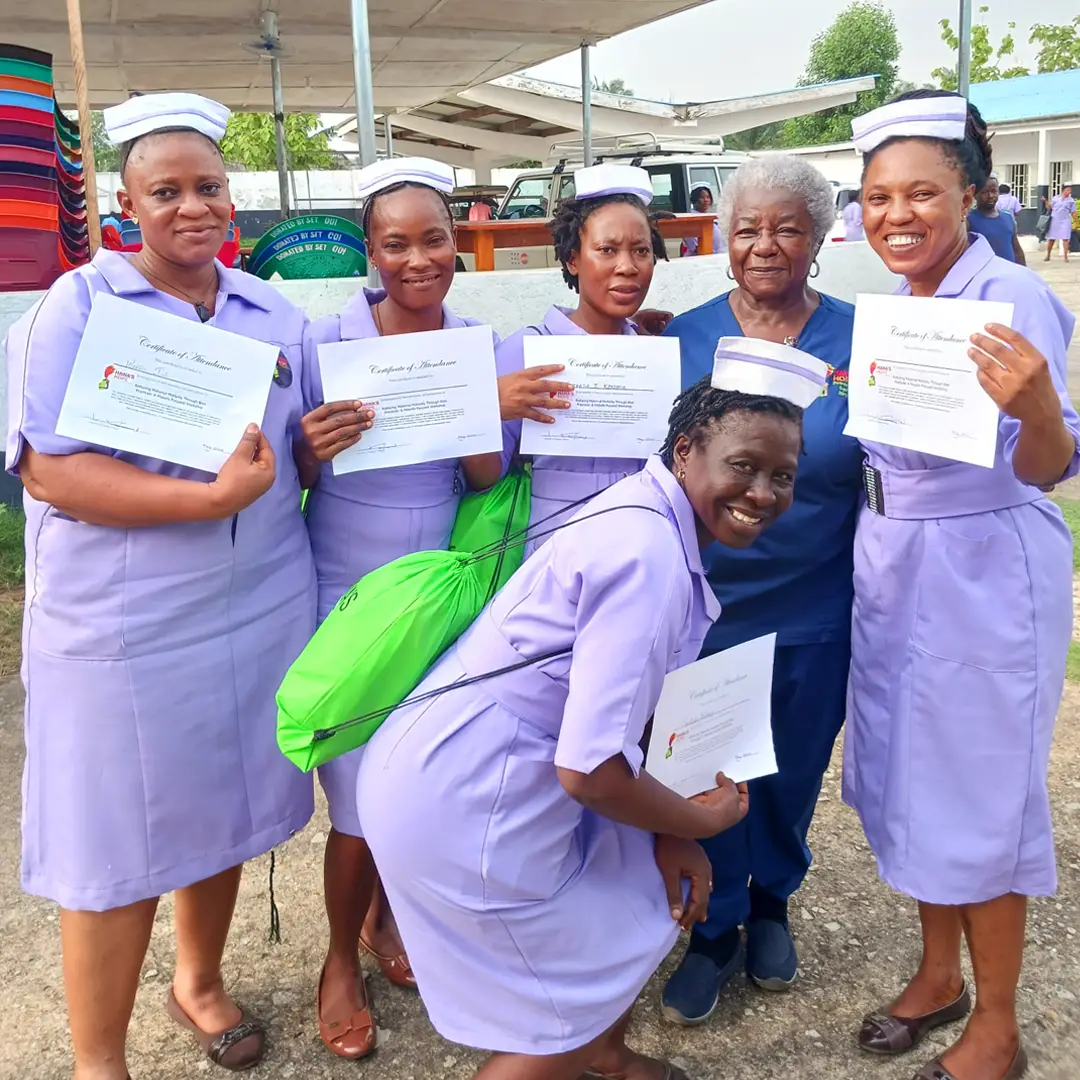
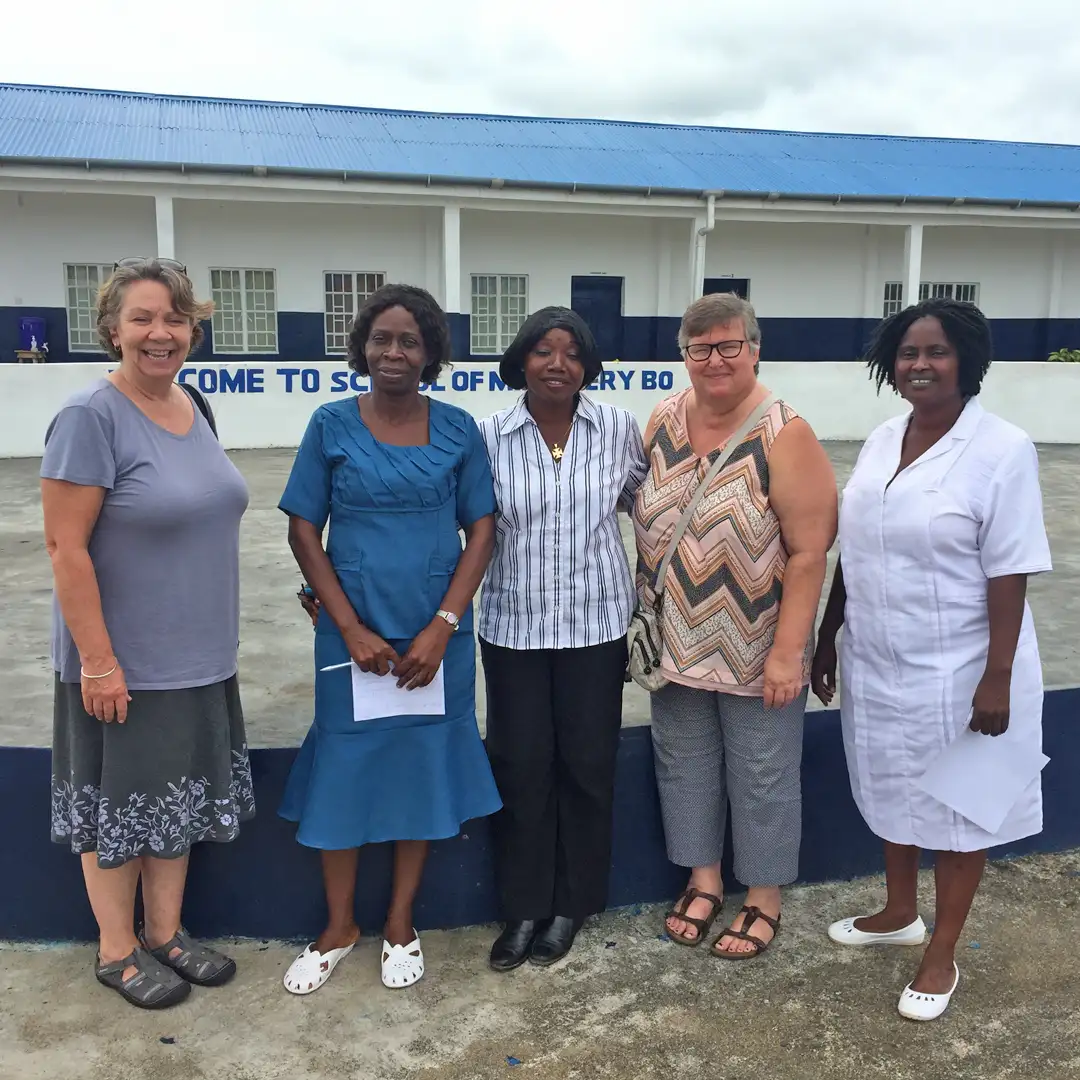
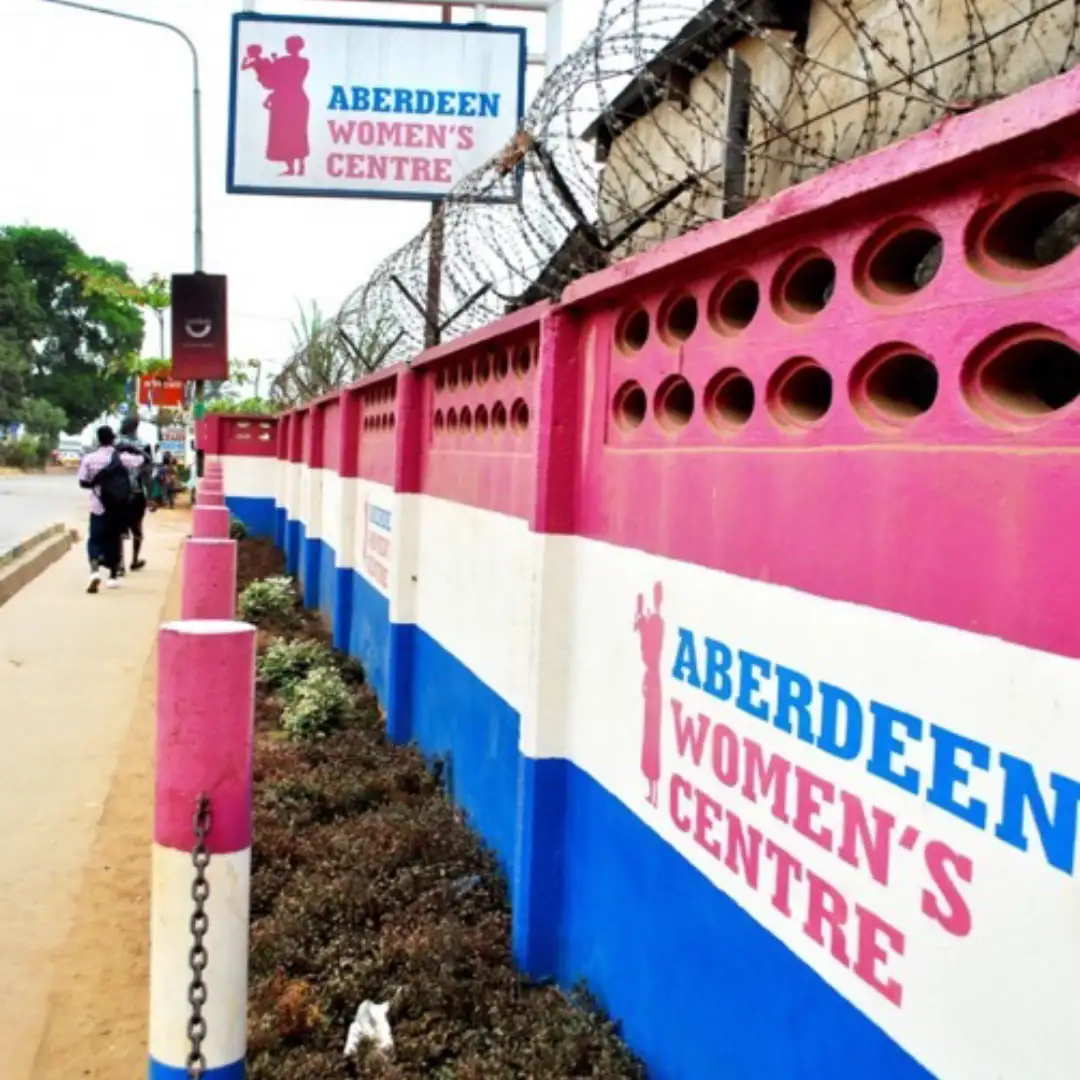
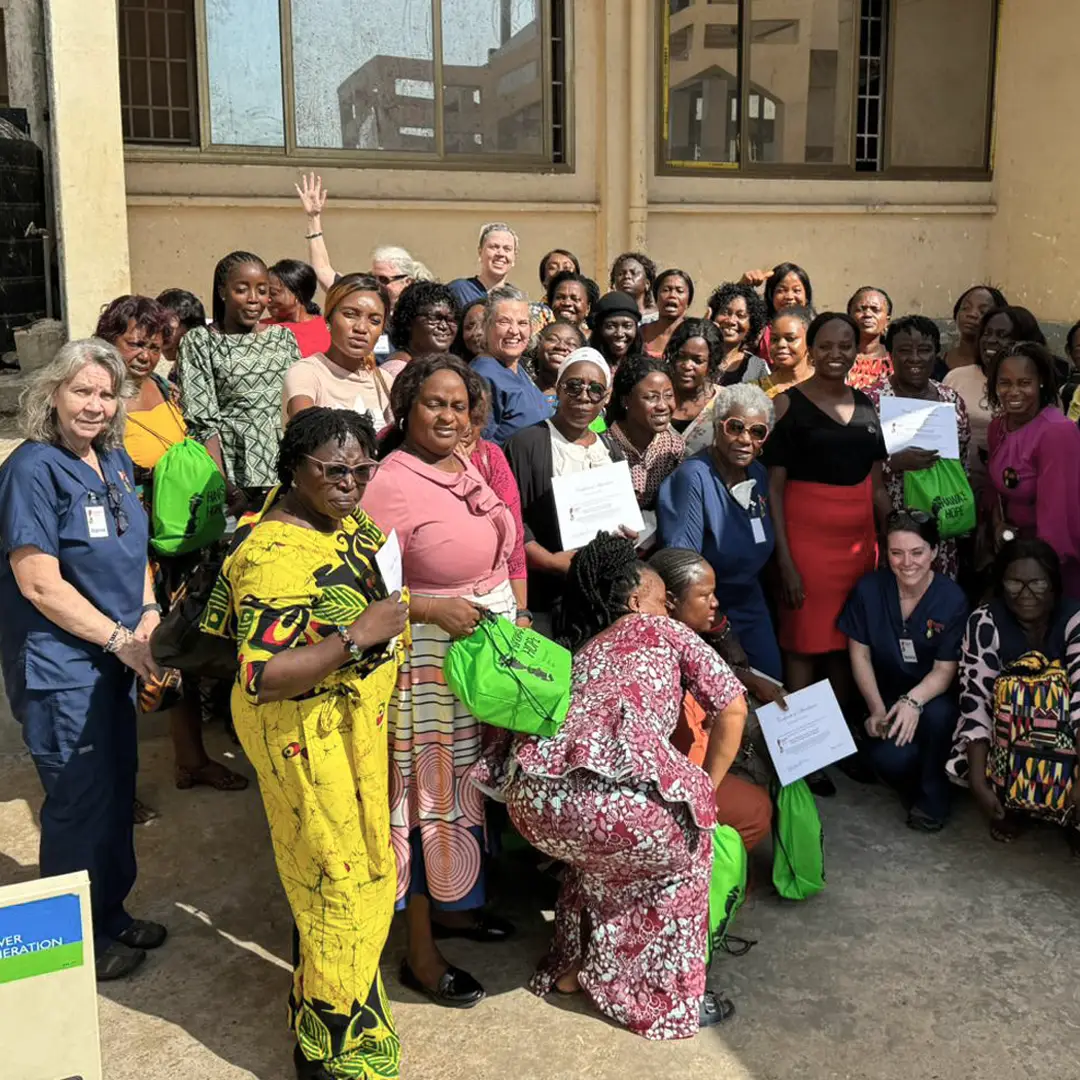
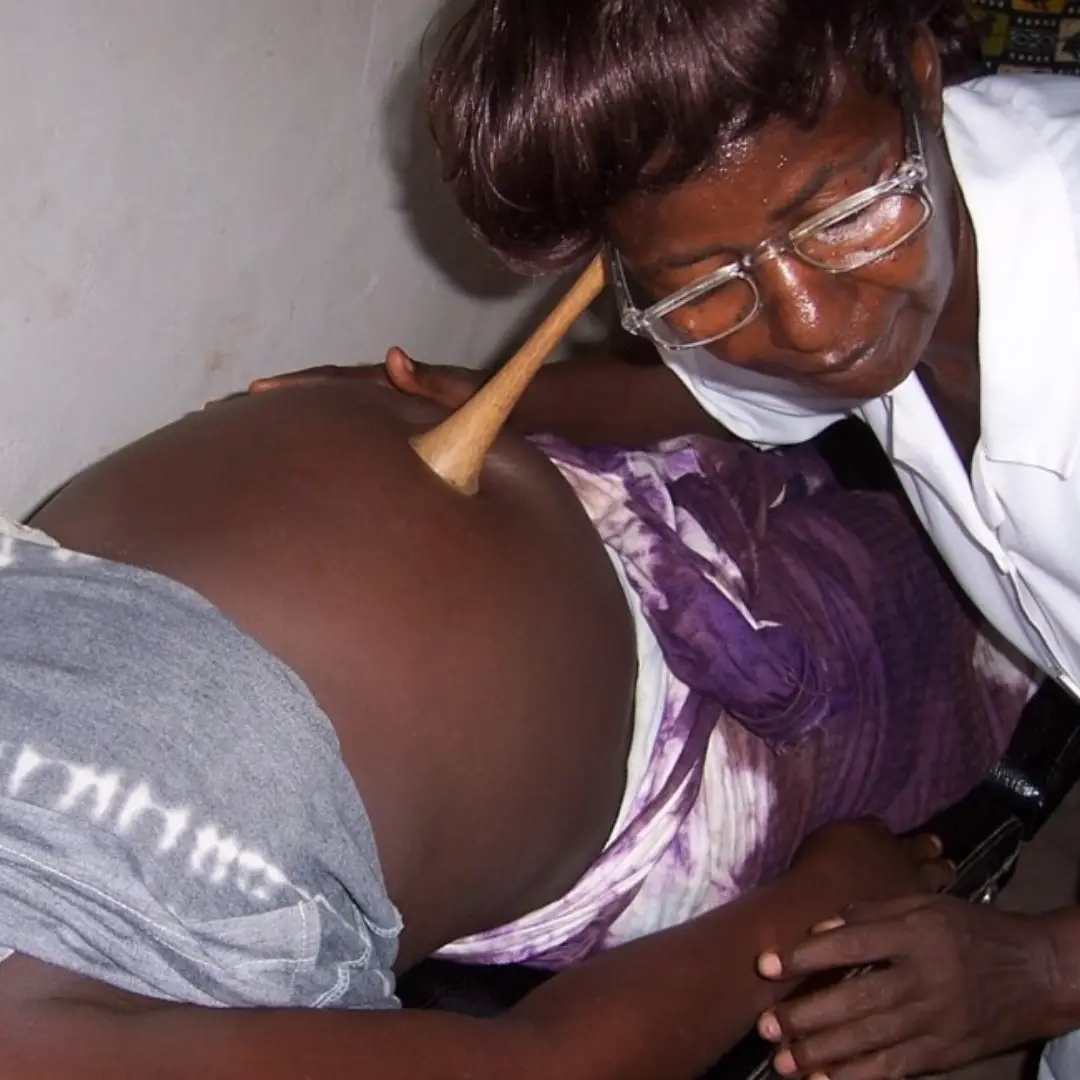
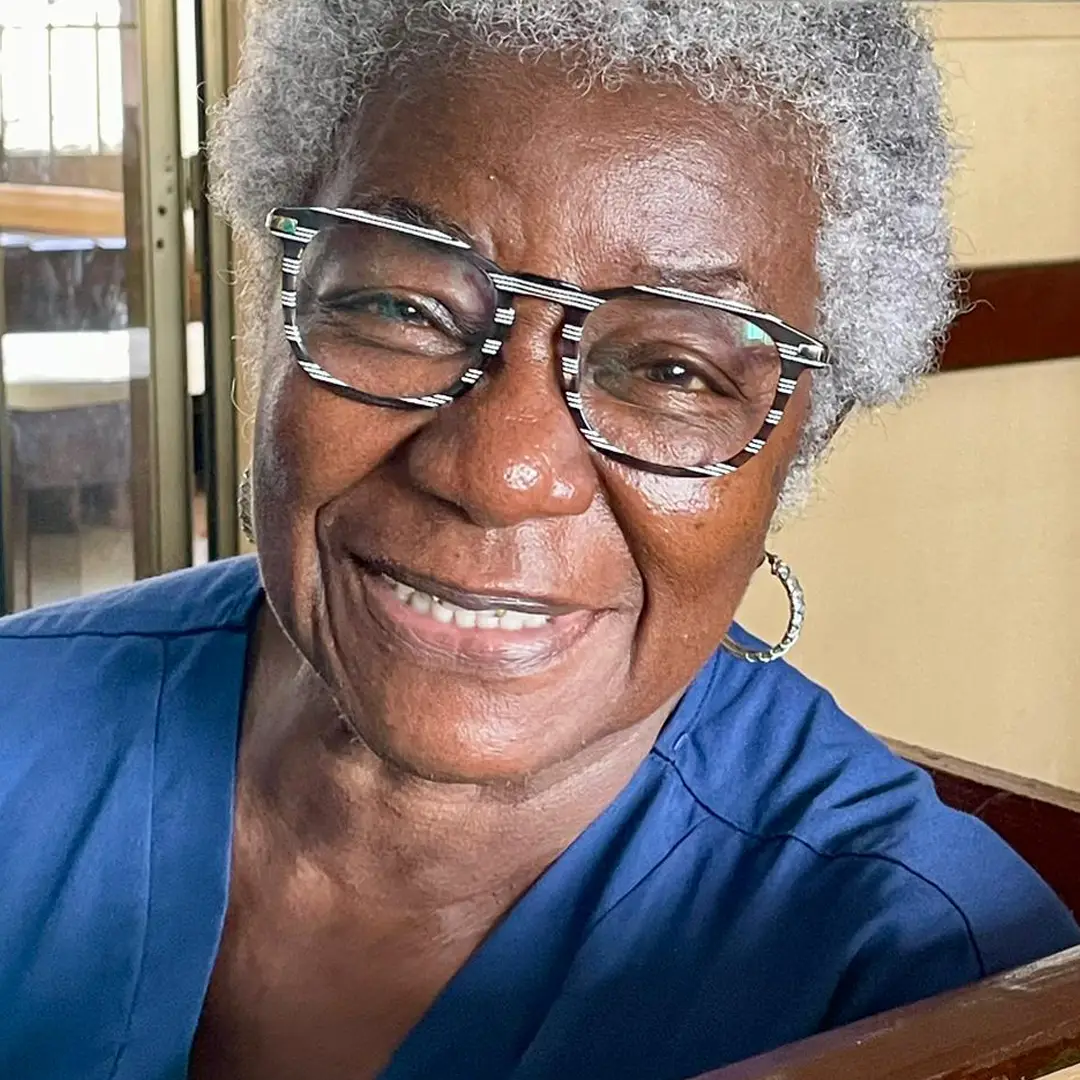
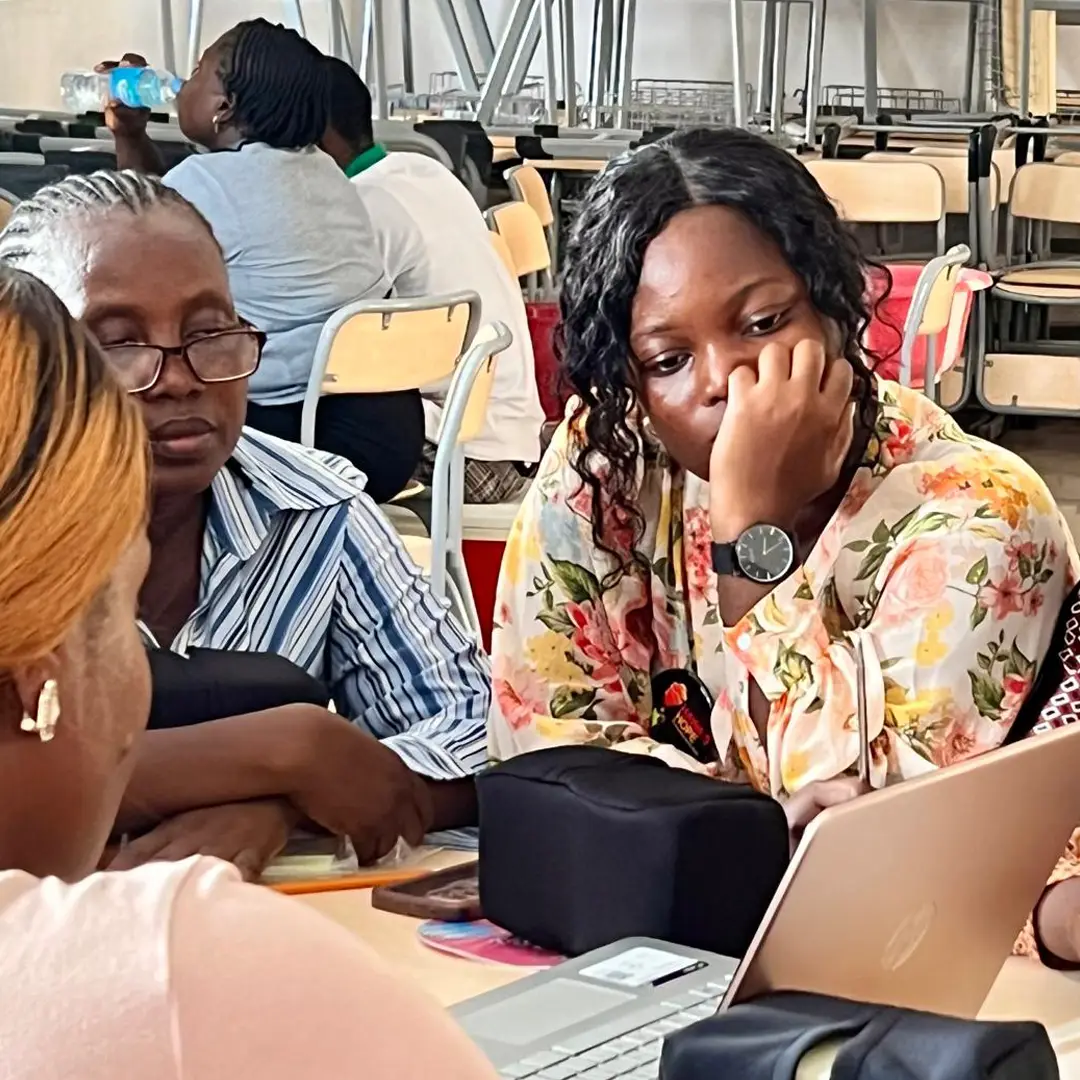
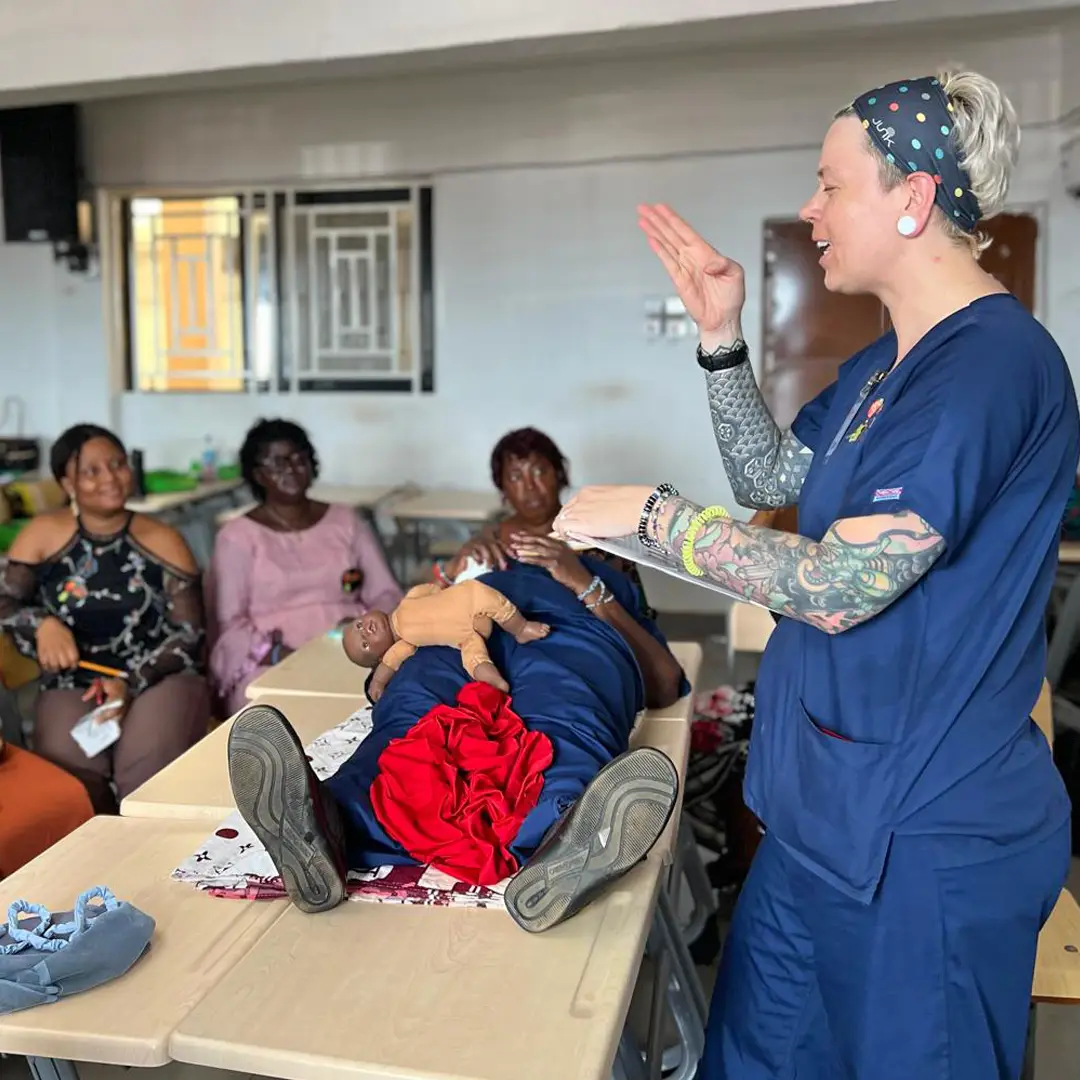
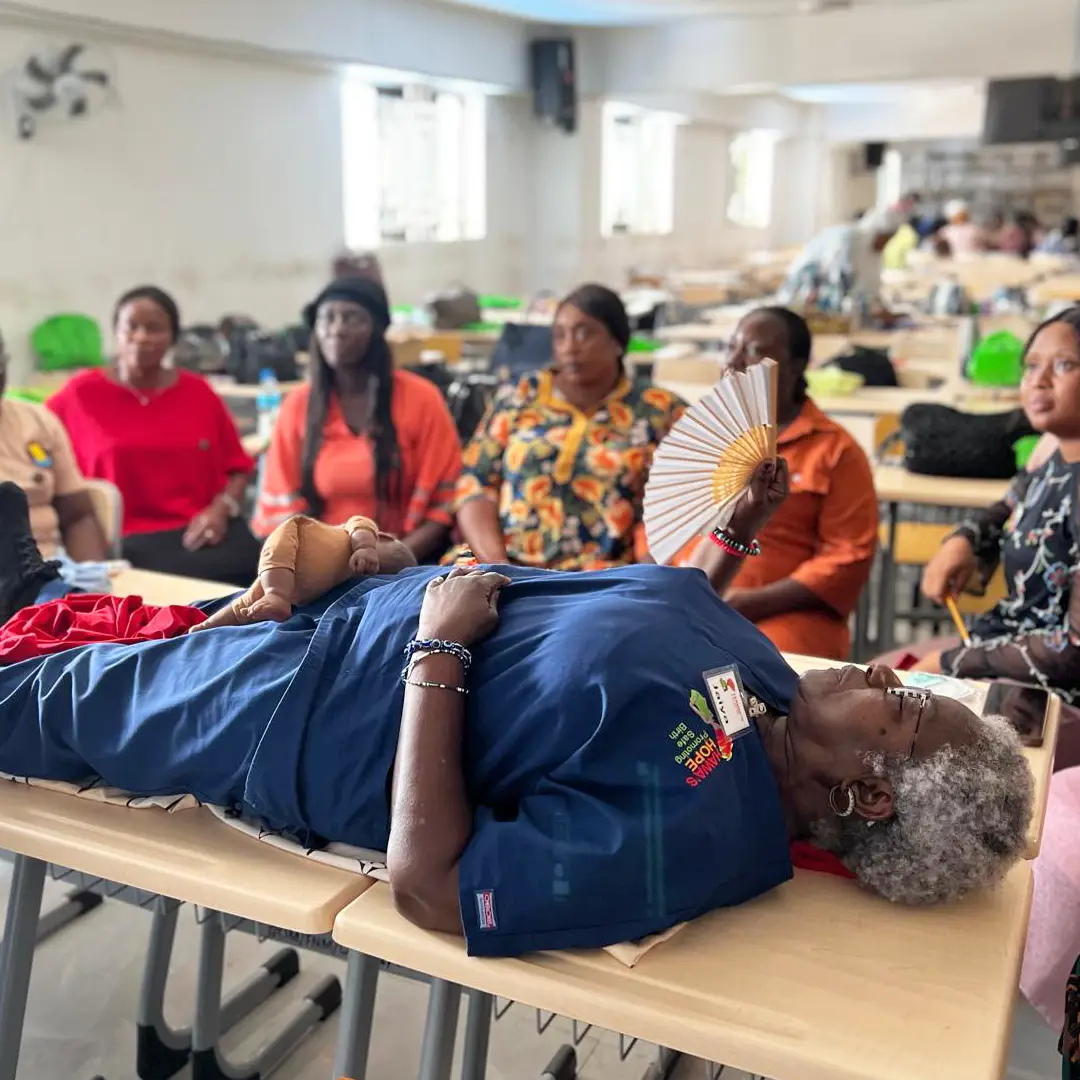
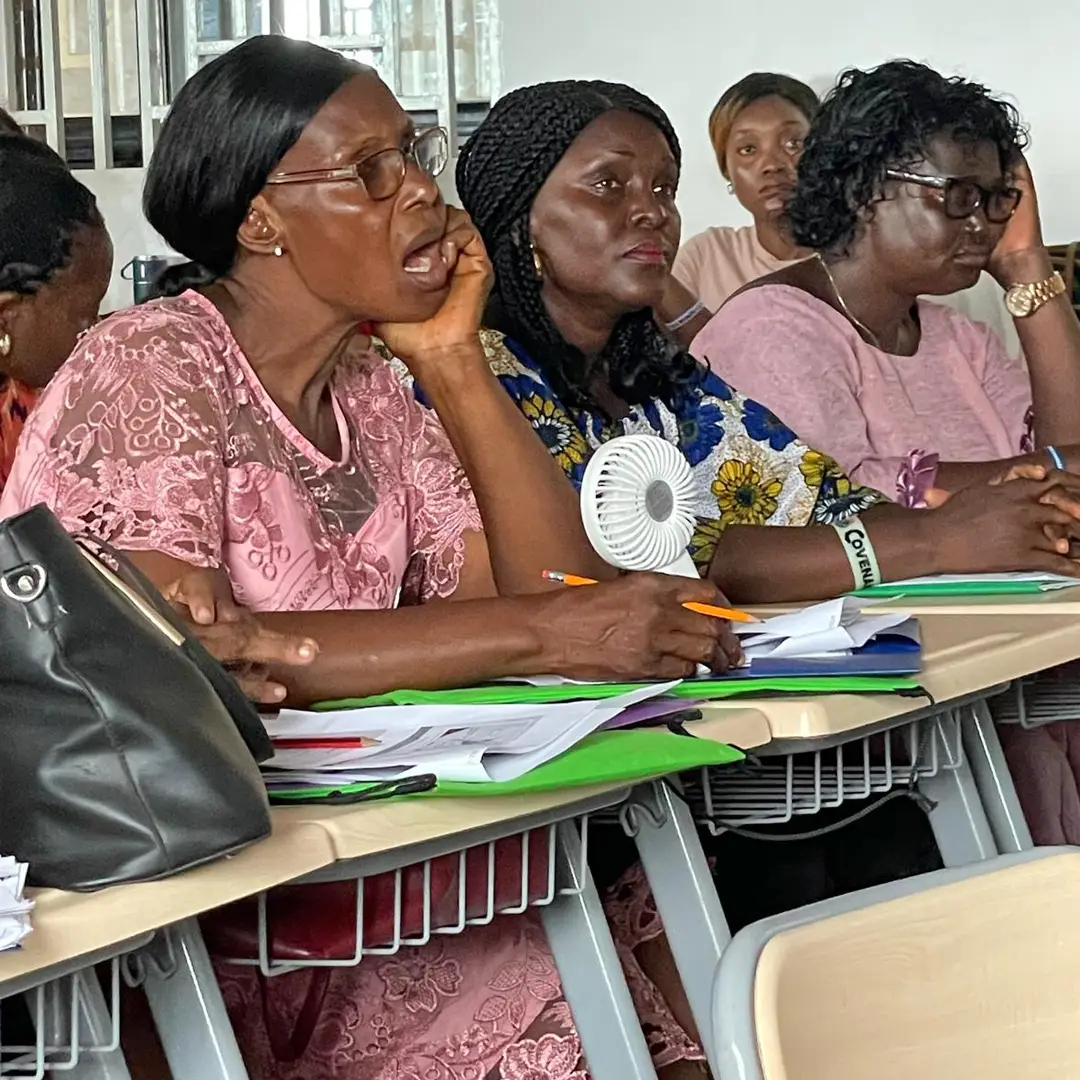
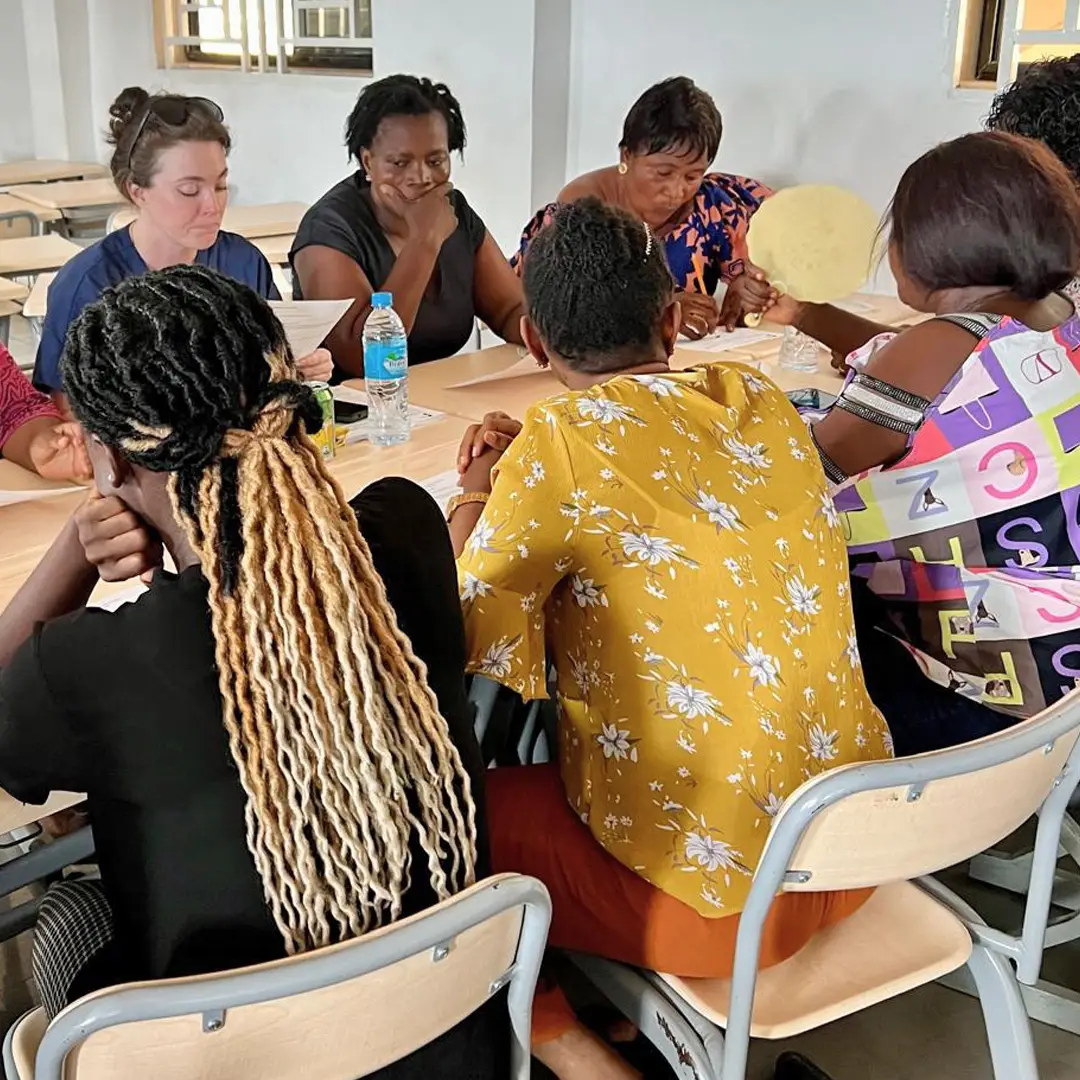
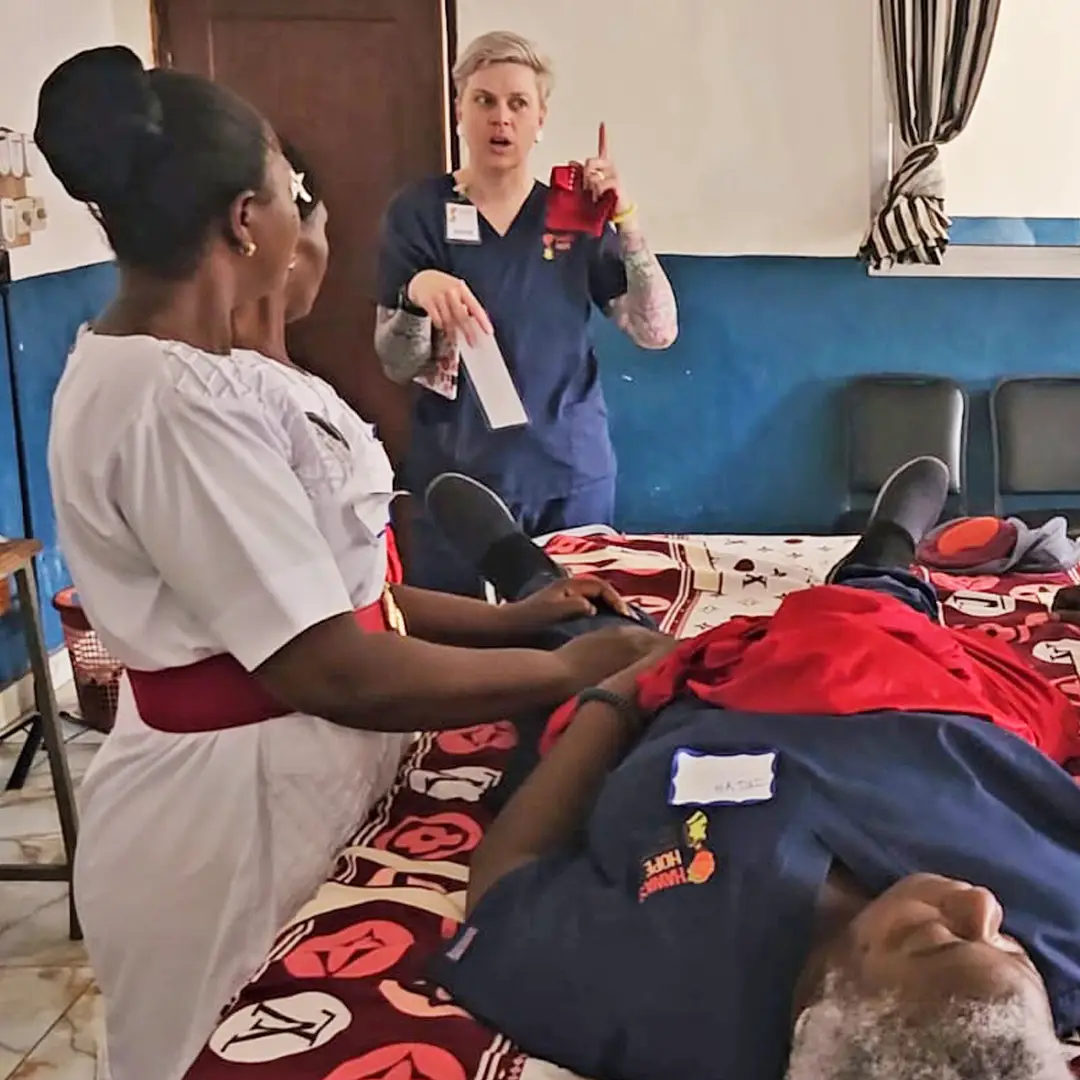
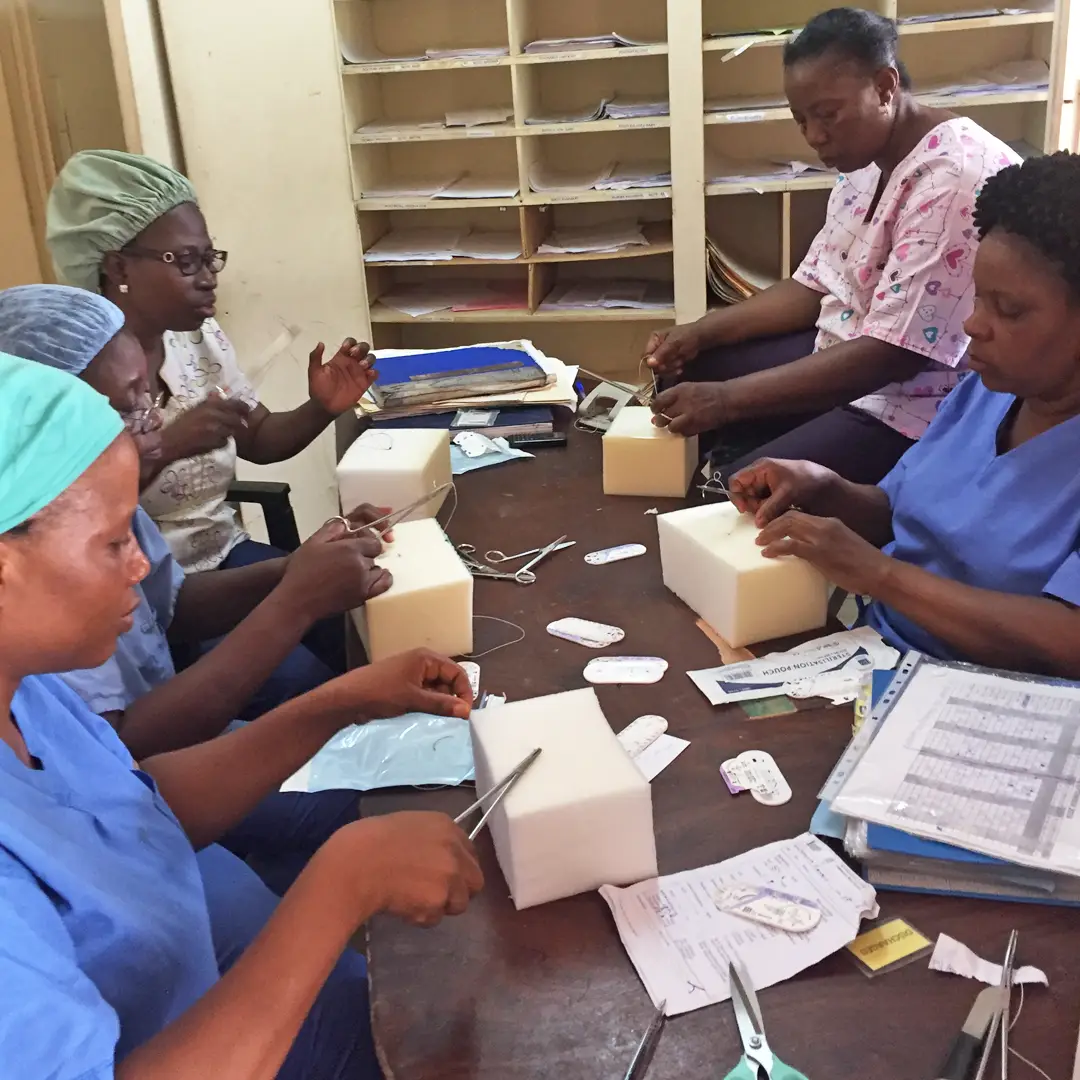
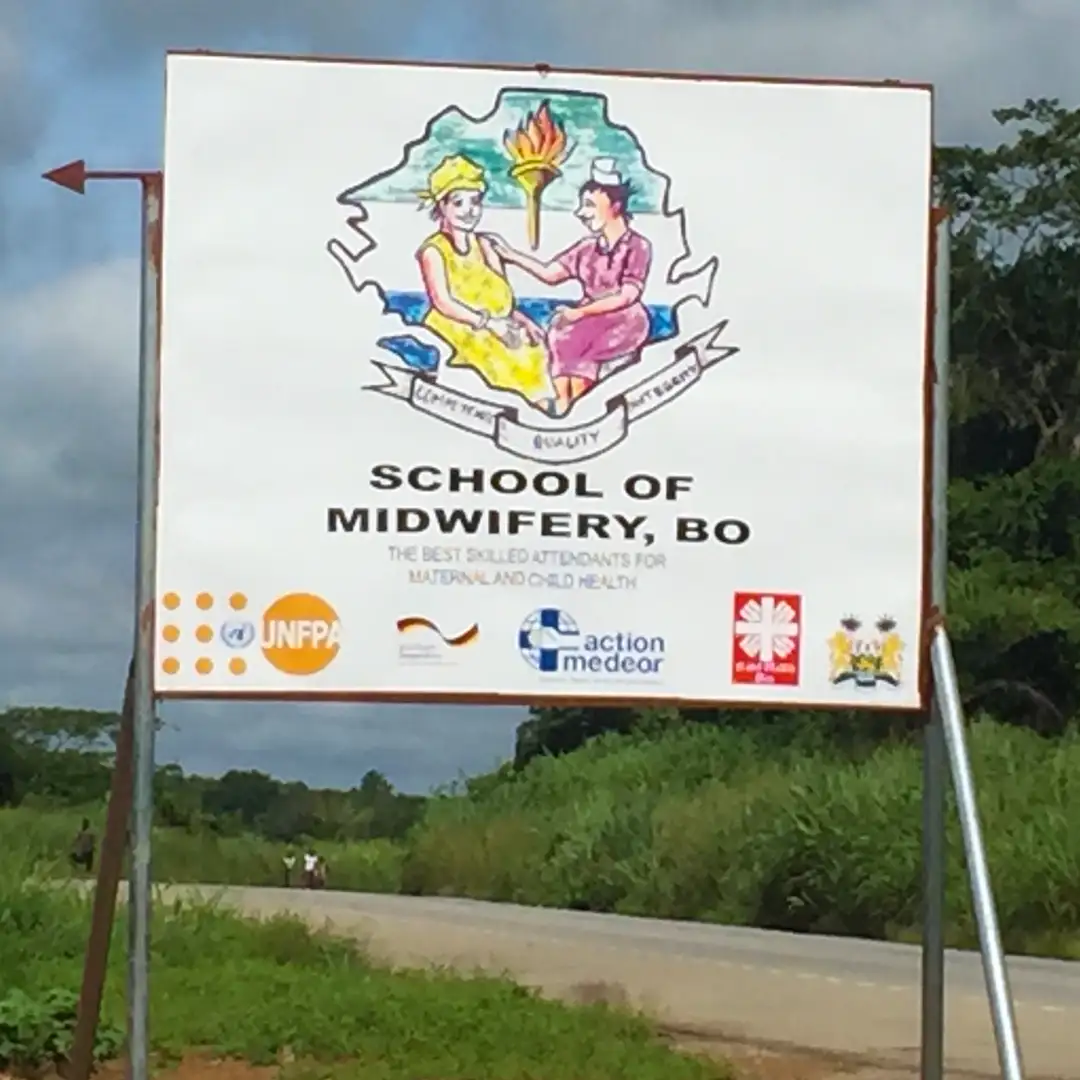
How We Train
Each year, our training grows in scale and impact. From small beginnings to nationwide programs, the ripple effect continues to reach more communities and save more lives.
Workshops
4 two-day workshops with 50 participants each – focused on hands-on learning and simulation.
Clinical Observation
One day observation at remote clinics to allow team to gather information, and gain knowledge and understanding of the actual clinical settings.
Locations
Training at Schools of Midwifery in Makeni, Bo, Freetown and College of Medicine and Health (COMAHS), and Aberdeen Birthing Center.
Secret Sauce
Small group simulations combined with lectures – building confidence and competence for complex cases.
Impact That
Grows Every Year
Each year, our training grows in scale and impact. From small beginnings to nationwide programs, the ripple effect continues to reach more communities.
2018
First training workshop
50 midwives and nurses at Aberdeen Birthing Center. Established contacts and developed relationships with midwifery schools.
2020
First Midwifery School Training Workshops
200 midwives and midwifery students at the 3 government midwifery schools.
2023
After COVID pause
2024
Expanded to 4 midwifery school sites
trained 300 participants – including midwives, midwifery students and resident physicians. We added advanced birth skills training – breech, vacuum, shoulder dystocia.
2025
Trained 200 participants
Refined workshop program, increasing our advanced hands on training. Largest US team to date (7).
2026
Plan to train 200 participants
Further develop relationships with the recently opened midwifery school in Kenema. Grow stronger relationships with the in-country Nursing and Midwifery Board and explore opportunities for adding medical school training.
Shaping the Future of Maternal Health
Every training builds momentum for the years ahead, shaping not only today’s midwives but the entire future of maternal health in Sierra Leone. We will continue to annually train graduating midwives and alumni, strengthen faculty capacity, and expand to a new school in Kenema. Our goal is not just to train individuals but to build a sustainable system of maternal care.
Donate Now
Support Midwife Training
By supporting the training of midwives, you help create lasting change. Every contribution goes directly to educating, equipping, and empowering women who become lifelines for their communities. Together, we can close the gap and ensure safe births for generations to come.
